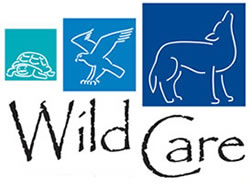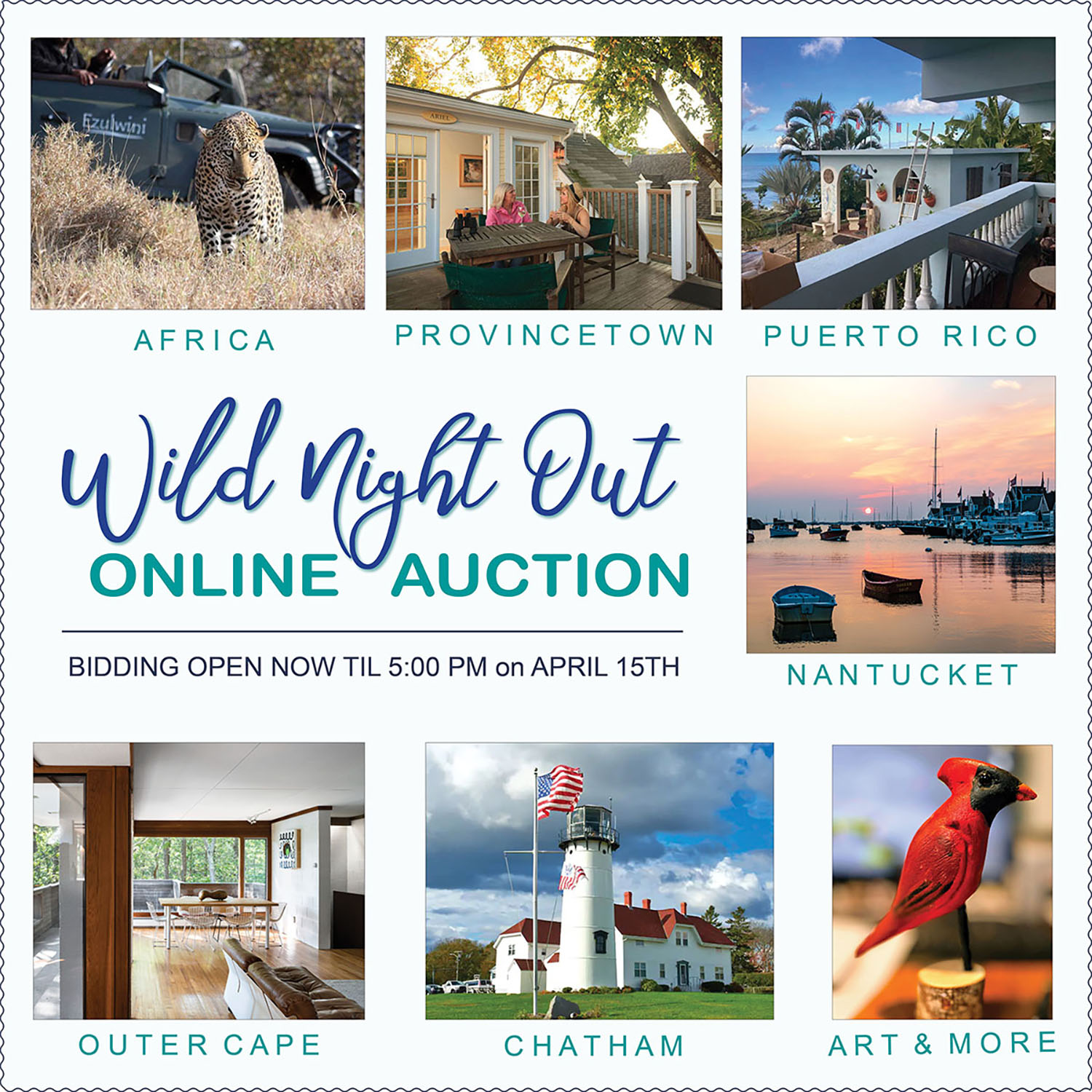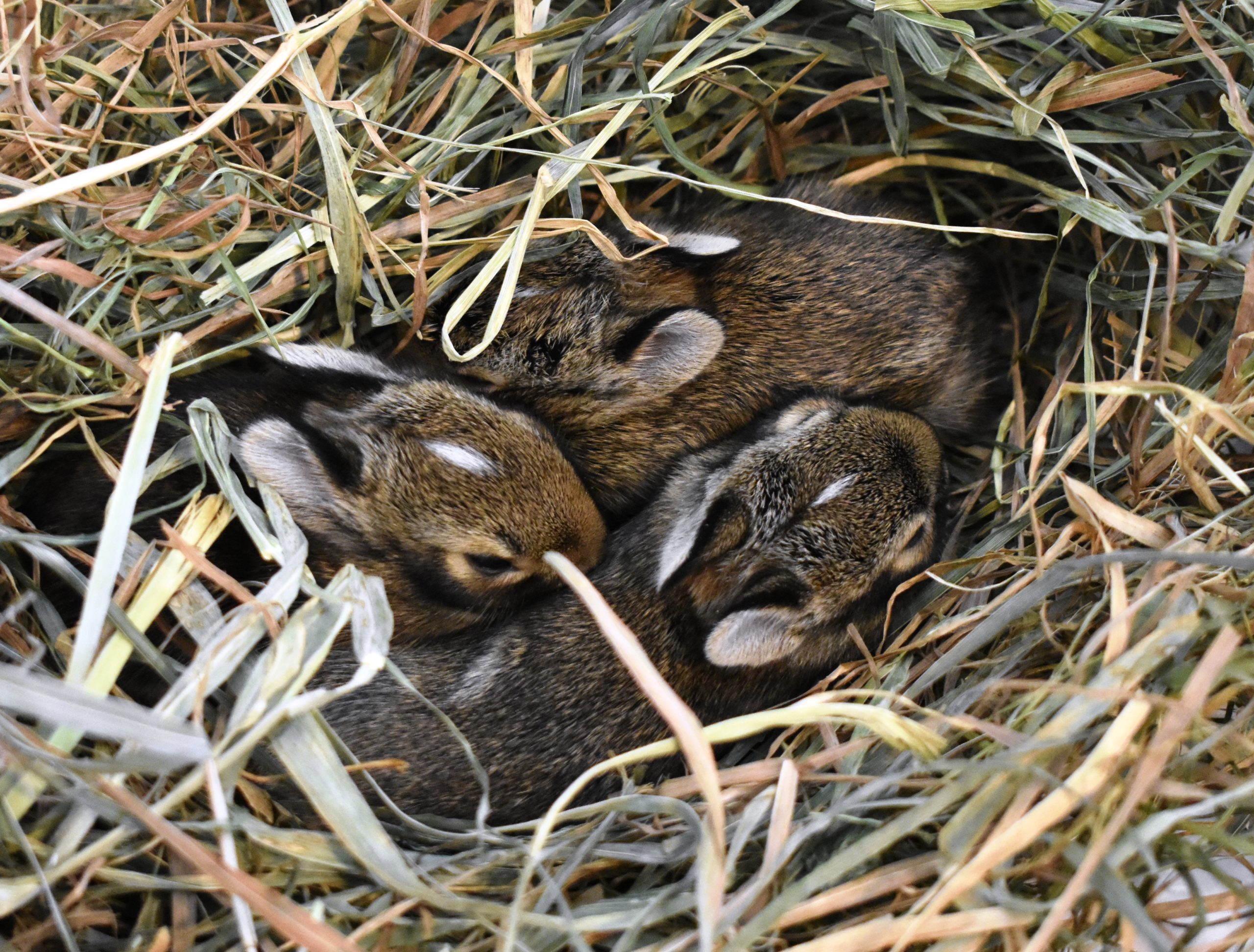
Help Us Reduce The Number Of Orphaned Wildlife During COVID-19
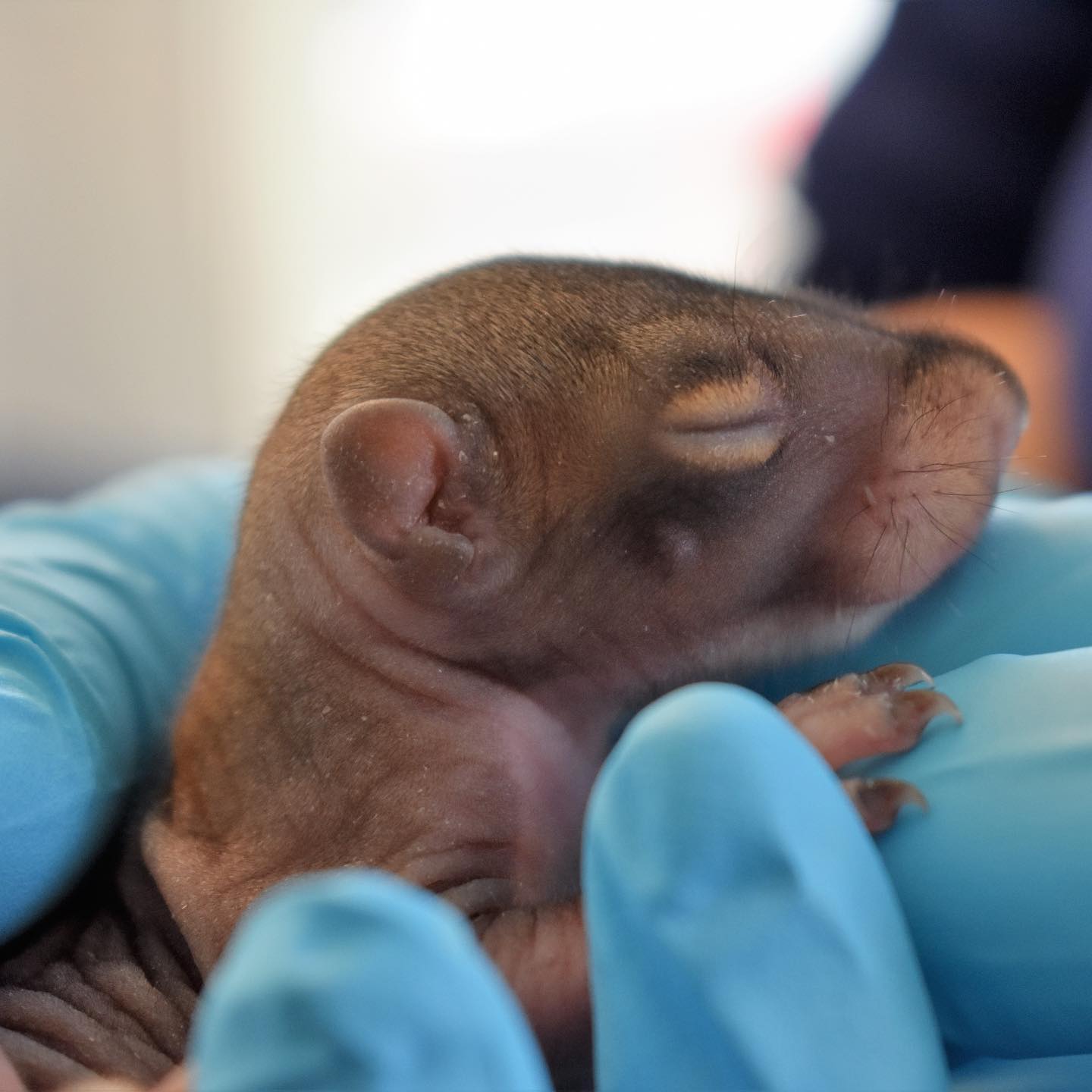 HELP US REDUCE THE NUMBERS OF ORPHANED WILDLIFE DURING COVID-19
HELP US REDUCE THE NUMBERS OF ORPHANED WILDLIFE DURING COVID-19
Eastham, MA. Wild Care, Inc., is a wildlife rescue and rehabilitation center located in Eastham. Wild Care is dedicated to wildlife rehabilitation, public education & outreach to prevent wildlife casualties.
“Wild Care provides an essential service to the Cape Cod community and to our wildlife. Despite less foot and vehicular traffic, animals are still being impacted in the environment. Therefore, it is critically important that our doors remain open during this pandemic,” states Stephanie Ellis, Wild Care Executive Director. “For the safety of our staff, our hours on-site are limited. We ask if you have an animal in distress, to please call ahead. We are responding to our Wildlife Helpline remotely and on-site between the hours of 9AM and 5PM. (After 5PM, please call the Friends of Cape Wildlife Hotline, 508-375-3700.)
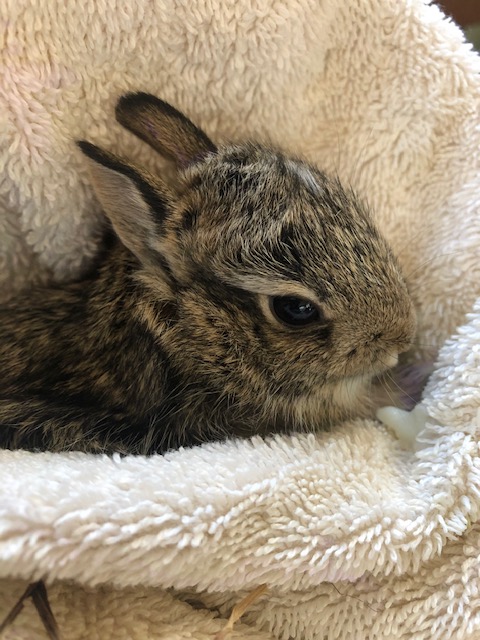 “It is the baby season for wildlife,” states Ellis. “Animals are coming through our door every day. Because of COVID-19 and our limited capacity, Wild Care is unable to accommodate an influx of “healthy” animals at this time. We are seeking assistance from the public to follow these simple guidelines below, to help avoid displacing wildlife unnecessarily during this time.”
“It is the baby season for wildlife,” states Ellis. “Animals are coming through our door every day. Because of COVID-19 and our limited capacity, Wild Care is unable to accommodate an influx of “healthy” animals at this time. We are seeking assistance from the public to follow these simple guidelines below, to help avoid displacing wildlife unnecessarily during this time.”
HELP US TO REDUCE THE NUMBERS OF ORPHANED WILDLIFE BY FOLLOWING THESE SIMPLE GUIDELINES:
Eastern Cottontail Rabbits: A mother cottontail rabbit feeds her young at dusk and dawn. She does not stay at the nest. If you find a nest of rabbits in your yard, place a string across the nest in a tic-tac-toe shape. Check the nest the next morning. If the string is disturbed, the mother has returned. If not, please call our Helpline at 508-240-2255. Also, a bunny that is bright-eyed and 4-5 inches long is fully independent and does not need to be rescued!
Dogs, cats and landscaping are the top three reasons Wild Care receives orphaned rabbits.
If your dog digs up a nest and the babies are not injured, cover them back up. Use the string test above, and allow mom the chance to come back overnight and move them.
Cats and rabbits are a deadly combo. Please keep your cats indoors. It is safer for your cat, and safer for wildlife. Consider building or buying a CATIO, so your cat can experience the great outdoors without harming wildlife. If your cat finds a nest and the babies are not injured, cover them back up. Use the string test above, and allow mom the chance to come back overnight and move them.
Landscaping and rabbits: If you, or your landscaper, uncover a nest of baby rabbits in the yard and they are not injured, cover it back up and leave it overnight. Use our tips for determining if a nest is abandoned, and check in the morning. A rabbit nest is often a shallow depression in grass, covered with dried grasses, and fur from the mother rabbit. Rabbits prefer to nest near human dwellings.
Eastern Gray Squirrels: Many squirrel nests fall to the ground during wind and storm events. If you find a squirrel nest with babies in it, place them into a shoebox with a t-shirt, and provide a heating aid. Do not give food or water. Note where the nest had fallen, and watch for activity from the mother squirrel. Place the box of squirrels near the fallen nest. Eastern Gray Squirrels build SEVERAL nests, and will often move their young, even if the original nest or tree has been destroyed. Squirrels are attentive mothers. Please call our Wildlife Helpline, 508-240-2255.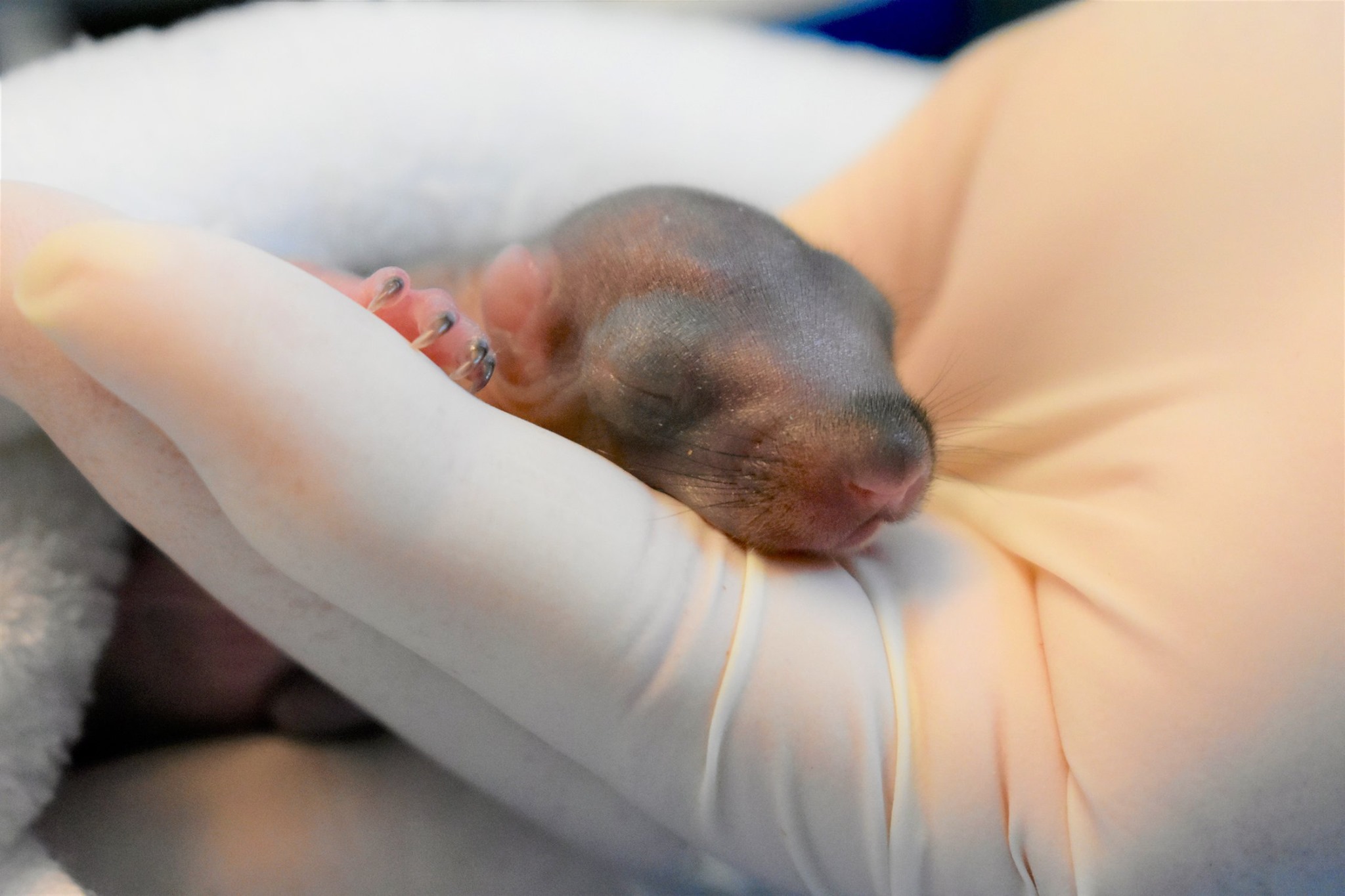
Dormant vehicles and machinery is a rodent’s best friend! If you have a car or piece of machinery (lawnmower and grill) that has not been moved for a while – open the hood, or move the vehicle frequently, to discourage squirrels and other rodents from nesting. Rodents do not want to move into a home that is unpredictable and “unsafe”. If there is already a nest under the hood, call us. We can tell you how to encourage squirrels and mice to move their young. Call our Wildlife Helpline, 508-240-2255.
Please remember – always wear gloves when handling wildlife. In Massachusetts, it is against the law to trap and relocate wildlife. Relocation is often fatal for the adult animal that is trapped. During the spring and summer season, a trapped adult animal will be leaving babies behind. Do not rehabilitate wildlife in the State of MA unless you hold a MA Licensed Wildlife Rehabilitation Permit. Follow our simple guidelines above. Don’t displace wildlife this season!
“If there was ever a positive side to this pandemic, I would say that COVID-19 is inspiring people to get outdoors, and experience nature in a very different way, “ states Ellis. “People are beginning to realize how interconnected we are with the flora and fauna around us. They are seeing nature as a respite from the hustle and bustle of daily life, and as a grounding place during this time of confinement and social distancing. My hope is that after this pandemic, this newfound love for the environment will foster a lifelong commitment in people to preserve wildlife and their habitats.”
“During this time, we realize that many are experiencing financial hardship, and precedence should be taken to contribute to those in most desperate need. If you are able, donations are needed while we continue our mission and operations during COVID-19.
Click here to donate, or visit our website at www.wildcarecapecod.org to make a donation, or view our Wish List. Donations can also be mailed to Wild Care, Inc. 10 Smith Ln. Eastham, MA 02642. Please check our Facebook page daily, @Wild Care Cape Cod to find more tips on how you can help to reduce impacts on wildlife.
Photos by Kerry Reid. Rabbit photo by Kristine Beebe.
Wild Night Out Online Auction
READY, SET, BID… We are so excited to announce that our Wild Night Out Online Auction is now live!
READ ALL NEWS
CALENDAR OF EVENTS
04 April, 2024
Wild Night Out Online Auction
EVENT DETAILS
05 April, 2024
Wild Night Out
EVENT DETAILS
28 February, 2024
Wildlife Winter/Spring Talk Series
EVENT DETAILS

DID YOU KNOW??
Wild Care has a state-of-the-art seabird therapy pool, which allows seabirds and waterfowl to exercise on running water. This will help our bird friends recover more quickly so they can get back to their watery habitats!
